London: The C.W. Daniel Company, [n.d.]. 105x135 cm. Stapled, in orange paper covers, typically 20-24pp.
‘The quintessence of the world’s wisdom’ for only 2d! The People’s Classics aimed ‘to place in the hands of the masses, in attractive and handy form, at the cheapest price, the richest thoughts of the world’s greatest thinkers.’ The series began with Swift, followed by Epictetus, Emerson, Socrates, Aristotle, Swedenborg, Mohammed, Marcus Aurelius, Manzini and Rousseau. No dates are given on any of them, but judging by the evidence of advertisements in the earliest numbers, the series must have begun in or after 1926. Whether the series continued beyond number 24 (Laotze: Tao The Ch’ing) is uncertain. I have seen none later. Early numbers state that ‘One of these little books also appear [sic] monthly in FOCUS – a Periodical to the point on matters of Health, Wealth and Life.’ The journal Focus, like The People’s Classics, ‘slips easily into the pocket, and can be read at odd moments in tram, train or bus.’
This was by no means the first attempt to engage a popular audience by publishing cheap books, of course. Amongst Daniel’s immediate predecessors, Stead’s Penny Poets and Cassell’s National Library (though more expensive, at 3d.) both circulated literary works widely and copies of both series survive in significant numbers. The People’s Classics was new to me, however, and seems to be addressing – and attempting to build – a more niche market in keeping with its publisher’s own commitment to a set of social and political causes: anarchism, pacifism and healthy living.
The publishing company was founded in 1902 by Charles William Daniel (1871-1955), who had developed an enthusiasm for Tolstoy while working for the Walter Scott Publishing Company in the late 1890s. In starting his own company Daniel aimed to spread Tolstoy’s ideas. He went on to publish on a range of social, political and ethical issues by, among others, Mary Everest Boole, Michael Fraenkel, Emma Goldman, Stephen and Rosa Hobhouse, Søren Kierkegaard, D.H. Lawrence, José Ortega y Gasset and W.T. Symons. Anti-war publications led to his trial and imprisonment (he refused to pay the fine) in 1917. Two years later he was prosecuted for the publication of a novel by ‘A.T. Fitzroy’ (i.e. Rose Allatini), Despised and Rejected, containing pacifist and homosexual themes (though he later claimed abhorrence of the latter). He published other cheap paperback series (Christian Mysticsand Pearls from the Poets) and several journals. As well as Focus, which provided the texts for The People’s Classics, he published The Crank (1904-13), The Open Road (1907-13) and Healthy Life (from 1911). Purpose (1929-40) became an important literary journal in the 1930s, its contributors including W.H. Auden, T.S. Eliot, Elizabeth Bowen, Stephen Spender and Dylan Thomas. After Daniel’s death the company carried on until the 1970s and was eventually taken over by Random House, largely for its alternative medicine titles. Daniel had been the first to publish, for example, Bach’s work on flower remedies.
Daniel is a fascinating figure in successfully maintaining a publishing house despite a tendency to subordinate profit to morality. His influence amongst contemporaries at home and abroad was considerable. He supported Gandhi’s work in the Transvaal, for example, and sent books to him. A collection of Gandhi’s books donated to Ahmedabad city library contained 29 of Daniel’s publications.
Imogen Gassert’s excellent ‘C.W. Daniel: Maverick Pacifist Publisher in the First World War’ (Publishing History 48, (2000), pp. 5-40) deals in detail with the context of his early anti-war publishing and the consequent trial. Undoubtedly the whole publishing career of this principled, courageous and eccentric publisher would repay similar attention. Should anyone take up the challenge, there is an extensive archive of his correspondence and business papers (ledgers, manuscripts, reviews etc.) at the International Institute of Social History in Amsterdam.



